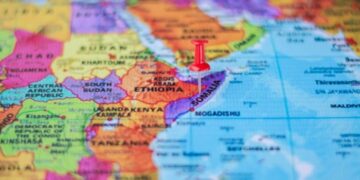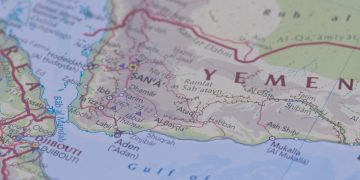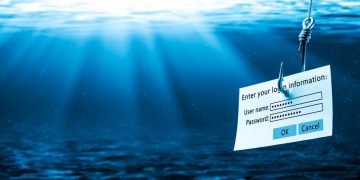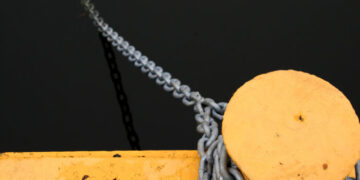White Penguin Spotted In Antarctica
Rare all white penguin This penguin seems to have decided to go against the grain, sporting a cream tux instead of the traditional black and white as he waddles around Antarctica.This rare, nearly all-white leucistic Chinstrap penguin was snapped by naturalist David Stephens on Lindblad Expeditions' National Geographic Explorer at the Aitcho Islands this week.According to Expeditions, the penguin isn't quite albino as it has "pigmented eyes and a washed-out version of a Chinstrap penguin's coloring pattern."Chinstrap penguins usually sport a black-and-white coloring that offers camouflage while they dive for fish. "Many wondered about this unusual bird's chances of success," Stephens wrote to the press. "While odd coloration may make fishing a bit more difficult, leucistic birds are regularly found breeding normally."Another all-white marine creature was spotted recently off the southern coast of South America. The Associated Press reports the finding of an "extremely rare example of an albino dolphin among an endangered species" by Brazilian biologists.Over this past Christmas, baby Snowy, the all-white reindeer, took up residence in the UK. The chances of a snow white reindeer being born is one in 10,000 according to Snowy's owner, Mark Noble.Last year, Myanmar warmly welcomed two rare white elephants as a ...
Read more

























































